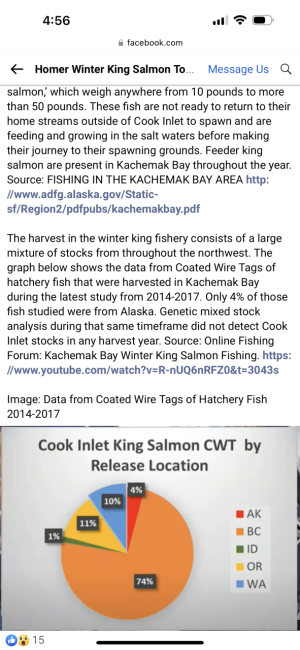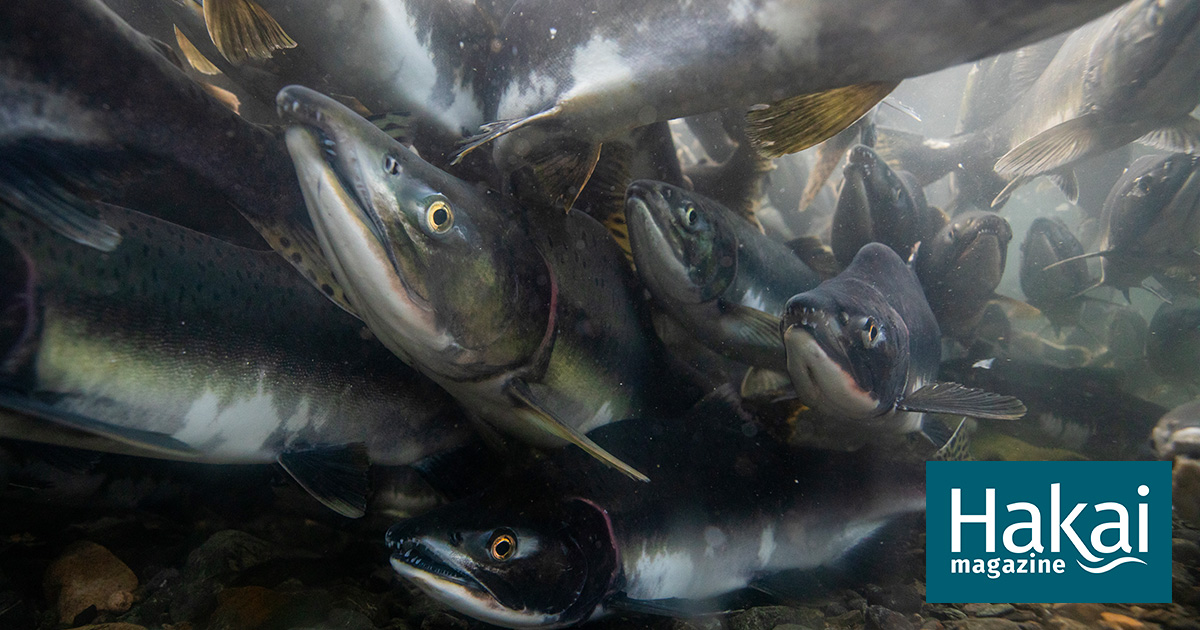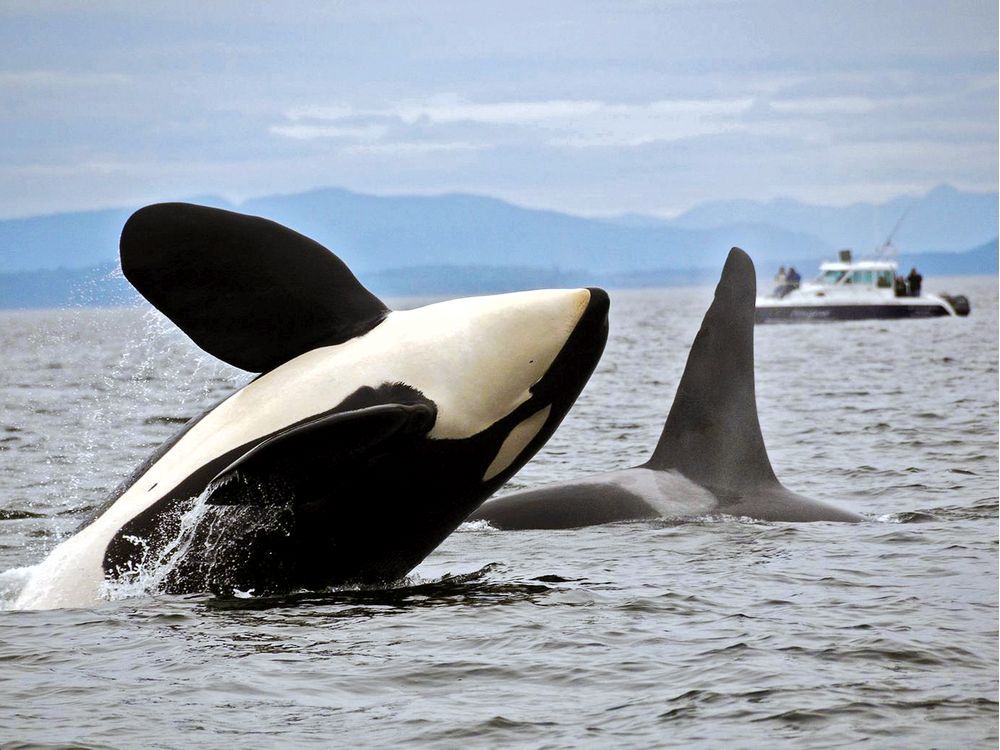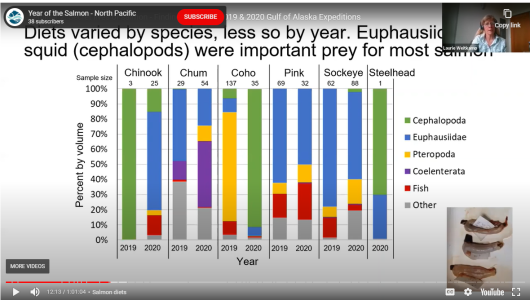Funny how science always seems to swing around to refute the ENGO crowd who continually point fingers at the BC recreational fishery as the cause for Chinook size at age decreasing due to high grading - most of the science I have read are leaning towards marine mammals north of the SRKW eating their lunch. Nature is competitive. Guess that doesn't fit the ENGO narrative tho!!
Well unfortunately emotions can get in the way of rational thinking. It's called denial.
And causes are paraded out in the hopes that money will flow.
MM enthusiasts and the MM lobby (often urban-raised and w/o any experience in how the coastal ecosystem works; or in highly impacted areas if they do - and most know little about salmon) - have been long trained since youth that MMs are beautiful creatures (which they are of course, and fish as well).
But that narrative is then continued along time into the blind adoption of making MMs an untouchable iconic figurehead - if not a revered, religious figure - rather than just 1 species in a mix of a complex, interacting systems. The fact that humans constantly interact with these systems and most importantly are an integral part of these systems and management - and have been since "time immemorial" seems to be a purposely forgotten understanding of history/ecology. The analogy of religious training/dogma comes to my mind here.
And the ENGOs are a spectrum of organizations and causes. Some are very practical, knowledgeable, helpful, scientific and involved in local communities (T. Buck Suzuki, the Atlantic Salmon Federation, and the Pacific Salmon Foundation are 3 such examples) - while others are predatory, combative, and destructive - like the Sea Shepherd Society and the IFAW. Greenpeace used to be in that category, but since Watson left it - they have apologized to the remote and aboriginal communities for their historic role in the fur ban and the East Coast Harp seal campaign. As an aside - Watson has been recently ejected from SSS, as well and is currently in Vermont courts fighting his ejection.
The worst ENGOs (IMHO) are headed by predatory toxic narcissists (aka blind hero worship) that brainwash their members and financial supporters by feeding them select and misleading information - keeping members and supporters in a heightened and venerable emotional state that seems to make it difficult for them to rationalize issues. The analogy of religious training/dogma very much comes to my mind here again.
That's why it is important to interact and deconstruct those misleading, destructive narratives in a more open discussion/management process and provide actual data/science to manage stocks including harvesting of MMs as well as fish. That's why some ENGOs and their predatory toxic narcissist leaders are afraid of dissenting opinions/data/conversation - they will lose their control over their members. Blind hero worship is the opposite of responsible, consensus-based decision-making - and all great and terrible tragedies in human history have started with predatory toxic narcissists being adopted as a suitable leader.
Back to the topic at hand - getting involved with ENGOs in some capacity and being a burr under their saddle in getting accurate, current, trustworthy and relevant data/science into management discussions is a must in order to have good management decisions out the end of any process. They need to be challenged and other voices need to be heard.





